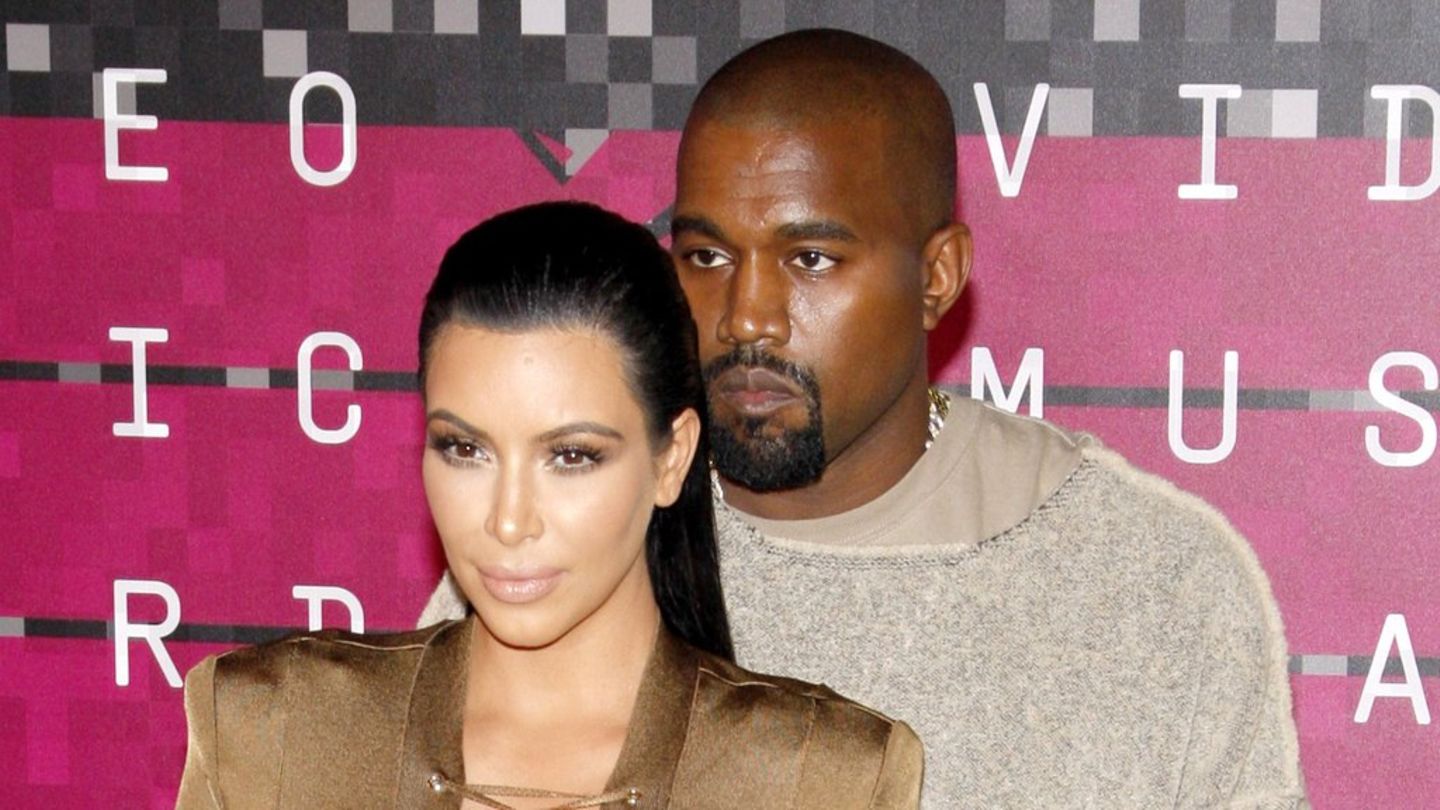As the electoral commission announced in Tunis on Wednesday night, 94.6 percent of the votes cast were in favor of yes. Participation in Monday’s referendum, however, reached only 28 percent. The opposition had boycotted the vote initiated by President Kais Saied to expand his power.
Despite the low turnout, the constitution can come into force. It no longer provides for an authority that could control the president or even remove him from office. In the future, Kais will be able to appoint and dismiss the government and judges without Parliament having to agree to this. He should also be able to dissolve the parliament. Saied has also announced that he intends to change voting rights.
Video: An assessment of the vote in Tunisia
This video is disabled
Please activate the categories Performance Cookies and Functional cookies in your cookie settings to view this item. My cookie settings
“All demands of the people will be implemented”
Even before the result was announced, Saied said he wanted to implement “all the demands of the Tunisian people” with the new constitution. He justified the change in the constitution with the fight against corruption. He had pushed through many far-reaching decisions by decree, bypassing the previous constitution. This was introduced in 2014 and curtailed the president’s powers in favor of parliament and heads of government.
After the Arab uprisings of 2010, Tunisia was the only country to successfully transition to democracy. Critics accuse Saied of wanting to return the North African country to a dictatorship. The constitutional referendum was also seen as a vote on Saied’s leadership so far. The low turnout could give Saied’s critics a boost and weaken its legitimacy. Many Tunisians struggle with unemployment and poverty. The new constitution hardly addresses these problems.
Dozens of judges fired
Saied’s course is also viewed critically in the USA. The protection of human rights and fundamental freedoms is endangered by the new constitution, said US State Department spokesman Ned Price. The mutual control of political institutions has been weakened by the new constitution. The think tank Atlantic Council wrote that Tunisia is experiencing “one of the most difficult moments since independence from France in 1956”.
Saied had consolidated his power a year ago. At that time he deposed the then head of government and forced parliament to suspend its work. He later dissolved it entirely. The President also dismissed dozens of judges over alleged corruption.
Saied had previously engaged in a month-long power struggle with the conservative Islamic party Ennahda, which he significantly weakened with the move. The Islamists, who are considered comparatively moderate, were the strongest force in parliament and condemned Saied’s controversial measures as a “coup d’état”. However, they have clearly lost popularity among the general public. The party is widely regarded as corrupt, and the record of its parliamentary work as disappointing.
division in society
Tunisia is divided between supporters and opponents of the president. There have been repeated protests on both sides for months. Many Tunisians are poorer today than they were in the days of long-term ruler Zine El Abidine Ben Ali, who was ousted from office by mass protests in 2011. There is great doubt that democracy as a form of government is suitable for overcoming the economic crisis. With MPs historically more concerned with bickering than much-needed reforms, many are hoping for a strong president to address the issues. However, Saied’s policies have done little to improve the situation.
It is estimated that around 20,000 people have left the country for Europe since Saied’s political transformation began, most of them by boat across the Mediterranean. According to the Tunisian Forum for Economic and Social Rights, Tunisians now make up the largest group of all migrants arriving in Italy.
Violence in Libya again
The new constitution states that Tunisia is part of the “Islamic community” and that the state strives within the framework of the democratic system to implement the goals, which include the protection of life. Some observers see this as a strategic measure by the head of state, Saied, who is considered to be secular, in order to also appeal to supporters of the Ennahda party. However, it is not clear what exactly the vague paragraph means in practice.
Turning away from the democratic transition in Tunisia would undo hard-earned progress – especially compared to other countries in the region, where the so-called Arab Spring had little lasting impact. In neighboring Libya, for example, the ruler Muammar al-Gaddafi was arrested and killed during a military operation in 2011. The country then plunged into civil war, and after a two-year ceasefire, new violence is now flaring up again.
In Egypt, the democratic upheaval following the fall of long-term President Hosni Mubarak remained just an experiment. A military coup followed the victory of Mohammed Morsi of the Muslim Brotherhood in the summer of 2013. With President Abdel Fattah al-Sisi, an army chief came to the top, about whom critics say he oppresses his people with even worse methods than in Mubarak’s time.
Source: Nachrichten




